I'm looking for Ruby's Active record for PHP. Something that is so simple that I just define my fields, extend the base ORM class, and I get ACID operations for free. I should get default getters and setters without writing any code, but overriding a default getter or setter is as easy as declaring get$fieldName or set$fieldName functions with the behavior I want. Symphony makes you create about 5 files per object, and all defined objects always load as far as I can tell. What is a better alternative? Why is it better? Can you put simple examples in your answers please?
Doctrine is another ORM I've looked at besides symphony . There also you need to create yaml files that describe your data structures. The database already defines this stuff. What will just read my table defs without having to generate and store config files everywhere?
